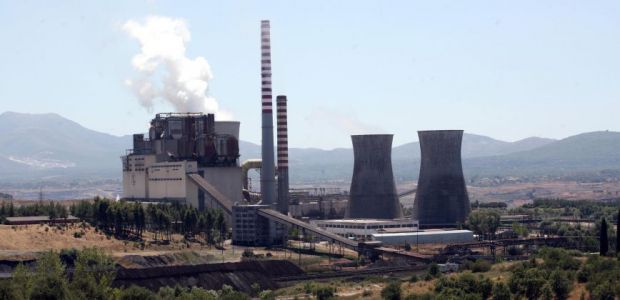The main power utility PPC’s ongoing effort to sell its Megalopoli and Meliti power stations as part of a bailout-required disinvestment of lignite units seems headed for failure, as suggested by the lack of interest of investors in a teleconference staged by the utility last Friday.
Possible buyers either did not take part or emerged expressing disappointment following the session, held just days ahead of this week’s extended February 6 deadline for binding bids.
Only a further deadline extension, seen as highly unlikely, could save or delay the sale effort from a seemingly inevitable debacle.
The government, state-controlled PPC and the European Commission are believed to be working on alternatives given the subdued mood of participants.
In Athens, officials are making an effort to avoid any undesirable developments such as a new call from Brussels for the inclusion of hydropower units into the sale.
Government officials are also seeking to gain as much time as possible in the hope that the forthcoming European Parliamentary elections, to be held May 23-26, will intervene.
PPC’s sale of lignite units was agreed to with the European Commission following a European Court decision setting measures aimed at ending the power utility’s exclusive access to the country’s lignite deposits.
The government is clearly banking on the presumption that it will not be held accountable for a disinterest or obstruction of the PPC disinvestment package, should the current procedure fail. In this case, new talks for new plans will be needed.
Not to be neglected, the European Commission’s Directorate-General for Competition is currently conducting a study examining Greece’s utilization of hydropower reserves and units. DG Comp officials invaded PPC and power grid operator IPTO offices in Athens over a year ago.





